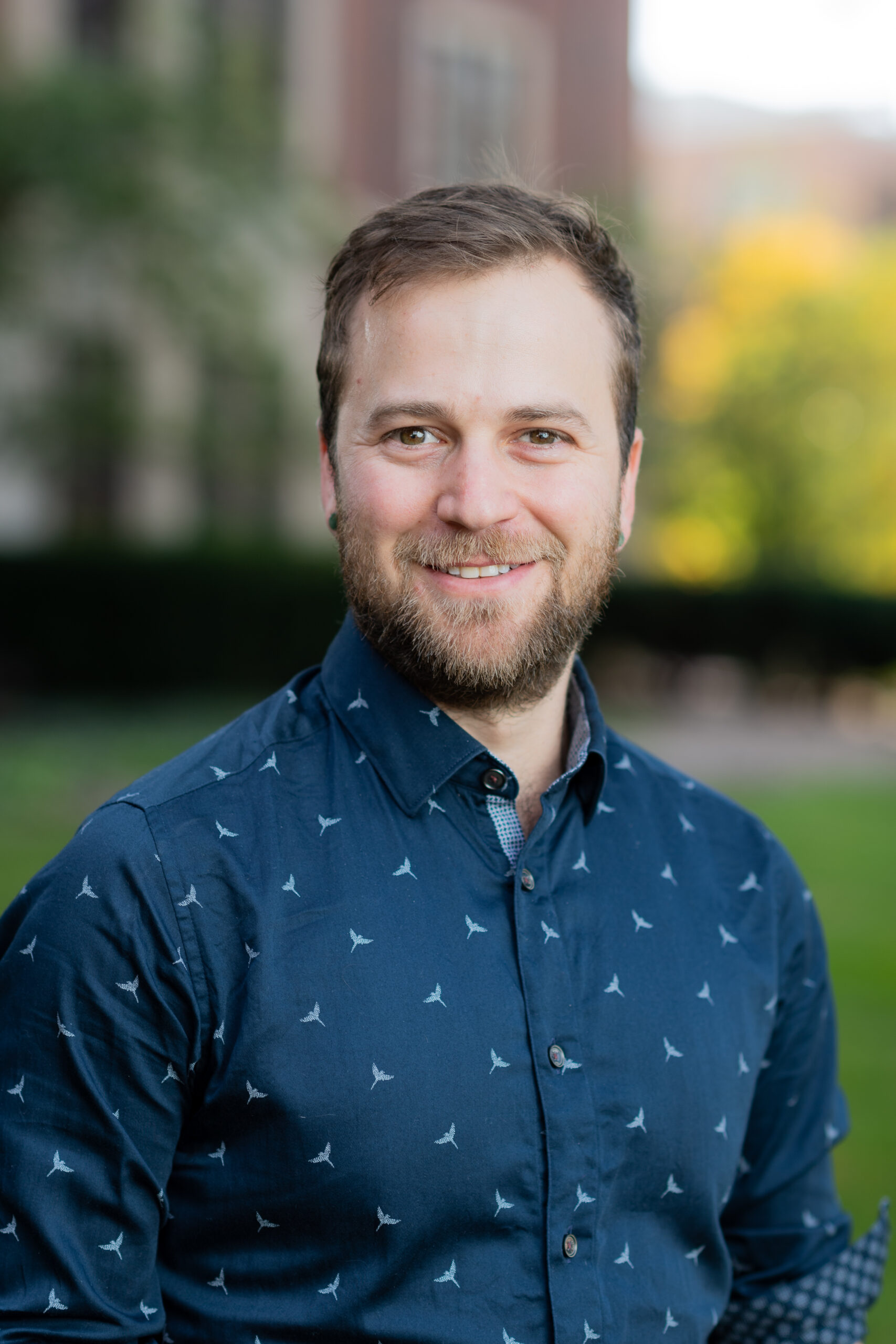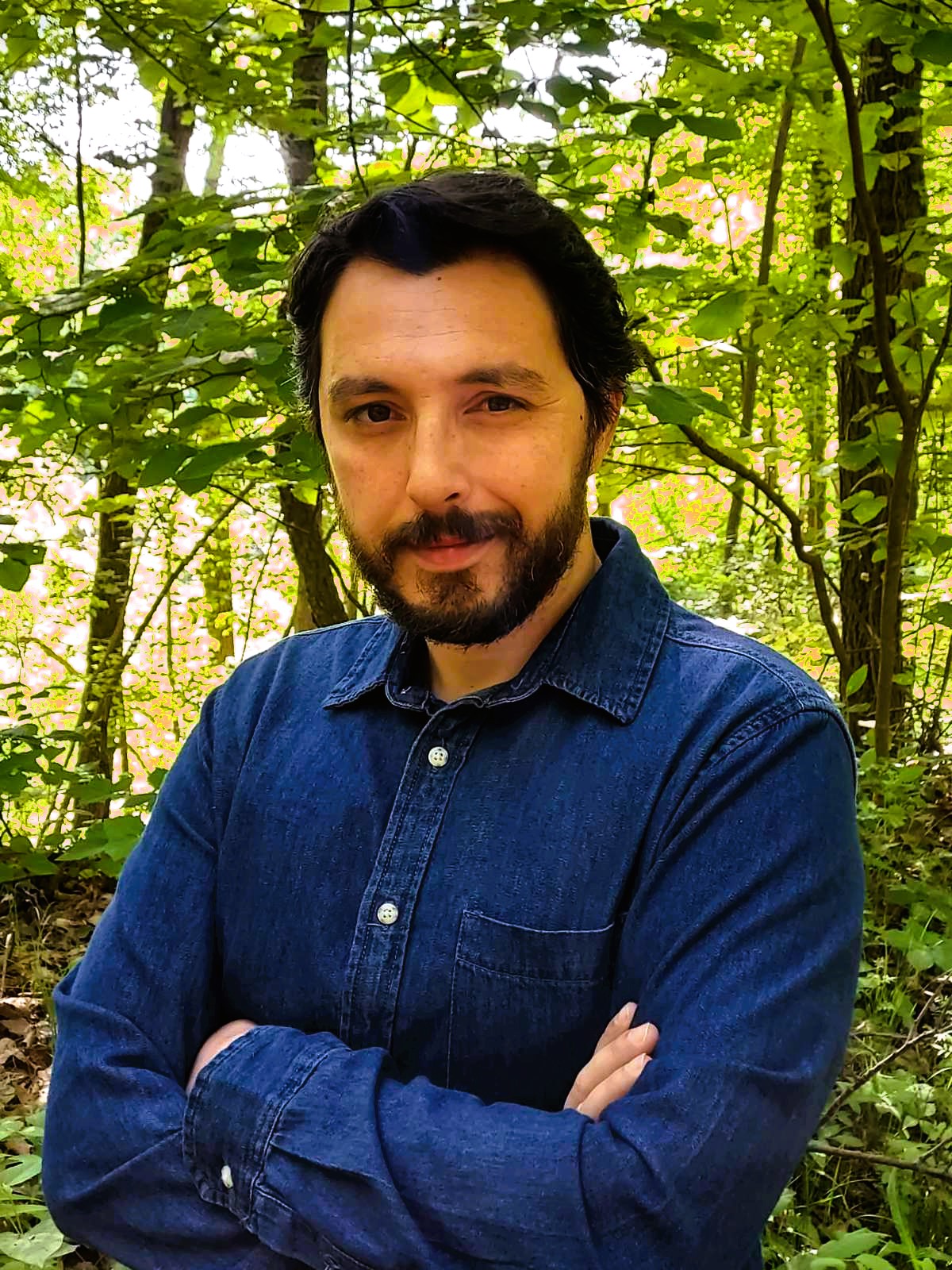Research Scholars

Brandon Marc Finn
Postdoctoral Scholar, 2022-Present
Background:
2022 Ph.D., Urban Planning, Harvard University
2016 M.Sc., Urban Studies, University College London
2014 BSocSci (Hons), Environmental and Geographical Science, University of Cape Town
2013 B.A., Environmental and Geographical Studies; Media and Writing, University of Cape Town
Postdoctoral Scholar, 2022-Present
Background:
2022 Ph.D., Urban Planning, Harvard University
2016 M.Sc., Urban Studies, University College London
2014 BSocSci (Hons), Environmental and Geographical Science, University of Cape Town
2013 B.A., Environmental and Geographical Studies; Media and Writing, University of Cape Town
Brandon Marc Finn is a Postdoctoral Research Fellow and Lecturer at the School for Environment and Sustainability at the University of Michigan. He holds a Ph.D. in Urban Planning from Harvard University. Finn’s research critically engages with sustainable development through two interrelated tracks that emphasize environmental justice and poverty alleviation as their central purpose. His first research track engages with urbanization and informality among under-represented groups across multiple different African cities. This work is both empirical and theoretical in nature, as it seeks to build richer conceptualizations and more equitable interventions on informal economies and informal settlements. Finn’s second research track has been developed since becoming a member of the Urban Sustainability Research Group at the School for Environment and Sustainability. This work engages with critical mineral supply chains such as copper and cobalt, which are fundamental to the global proliferation of low-carbon technologies such as solar panels and electric vehicle batteries. Finn recently completed fieldwork trips in the Democratic Republic of Congo and Ghana to establish collaborations for future projects. These projects comprise Finn’s future research plans, which include writing interdisciplinary National Science Foundation grants on conceptualizing and measuring opacity at the ‘first mile’ of critical mineral supply chains, and another drafted proposal on the interaction between land use change, urban development, and increased global demand for critical minerals sourced from Ghana and the Democratic Republic of Congo. Finn currently teaches two courses at the University of Michigan – Urban Sustainability (SEAS) and Sustainability and Society (PitE). He is also formally mentoring two graduate students at SEAS as they complete their dissertations.
To learn more about Brandon and his work, follow him on:

Dimitris “Jim” Gounaridis
Postdoctoral Scholar, 2018-Present
Background:
2018 Ph.D., Geography, University of the Aegean
2012 M.Sc., Applied Geo-Informatics, University of the Aegean
2009 B.A., Forestry and Management of the Natural Environment, International Hellenic University
Postdoctoral Scholar, 2018-Present
Background:
2018 Ph.D., Geography, University of the Aegean
2012 M.Sc., Applied Geo-Informatics, University of the Aegean
2009 B.A., Forestry and Management of the Natural Environment, International Hellenic University
Dimitris Gounaridis is a postdoctoral research fellow at the School for Environment and Sustainability (SEAS), University of Michigan, Ann Arbor. He has a background in Forestry (BSc) and applied Geo-Informatics (MSc) and he was awarded a PhD in Geography for his dissertation on mutli-scale simulation modeling of land use/cover changes. His main research interests span theoretical and applied aspects of land changes, the interplay of proximate and underlying driving forces, the multiple scales involved and the role along with the effectiveness of planning and policy. So far, he has been involved in various interdisciplinary research groups in subjects related to earth observation, change detection, spatial analysis, data fusion, simulation modeling and scenario-based land use assessment. Dimitris has published in Computers Environment and Urban Systems; Journal of Maps; International Journal of Applied Earth Observation and Geoinformation; Applied Geography; Remote Sensing and Science of the Total Environment among other journals. His current work at the Urban Sustainability Research Group focuses on a) spatial analysis of urban meat production-consumption patterns and dynamics, b) delineation of socio-economic aspects and scenario-based analysis to scale up urban agriculture, c) earth observation techniques to identify environmental injustice in relation to green infrastructure and decision support on their expansion and optimal allocation.
To learn more about Dimitris and his work, follow him on:


